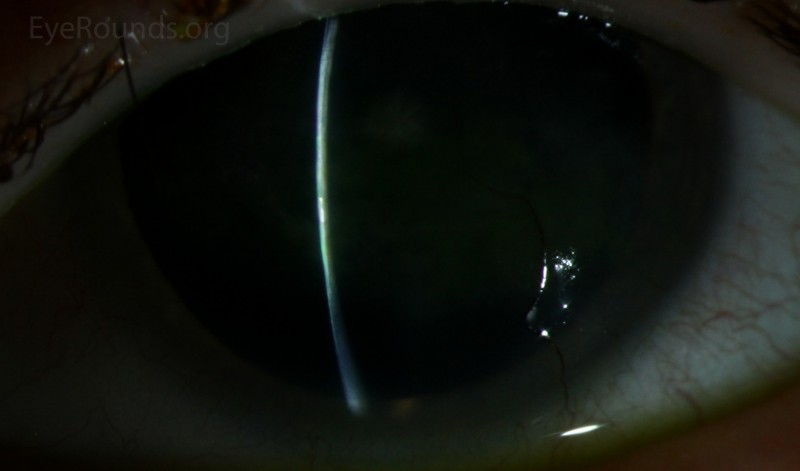
Familial dysautonomia, often abbreviated as FD, is a rare genetic disorder that affects the autonomic nervous system. This condition can have a significant impact on the daily lives of those who have it. In this article, we will explore what familial dysautonomia is, its causes, symptoms, diagnosis, treatment options, and the challenges faced by individuals and families dealing with this condition.
Familial dysautonomia, also known as Riley-Day syndrome, is a congenital disorder that primarily affects people of Ashkenazi Jewish descent. It is a hereditary condition caused by mutations in the IKBKAP gene, which is responsible for the development and maintenance of the autonomic nervous system.
FD is inherited in an autosomal recessive pattern, meaning that both parents must carry a mutated IKBKAP gene for their child to develop the disorder. If both parents are carriers, there is a 25% chance that their child will have FD. The gene mutation leads to the dysfunction of the autonomic nervous system, which controls involuntary bodily functions such as heart rate, blood pressure, digestion, and temperature regulation.
Feeding Difficulties: Babies with FD may struggle with feeding due to difficulty swallowing and coordinating their suckling reflex.
Breathing Issues: Infants can have episodes of apnea, where they temporarily stop breathing.
Gastrointestinal Problems: Individuals with FD often experience frequent vomiting, constipation, and gastrointestinal pain.
Orthostatic Hypotension: This condition causes a sudden drop in blood pressure when transitioning from sitting to standing, leading to dizziness or fainting.
Reduced Pain Perception: People with FD may have a reduced ability to feel pain, which can result in injuries or burns that go unnoticed.
Unsteady Gait: Difficulty walking and balance issues are common, making falls more likely.
Delayed Development: Children with FD may experience developmental delays in areas such as speech and motor skills.
Diagnosing FD typically involves a combination of clinical evaluation, genetic testing, and assessing the patient's medical history. Genetic testing can confirm the presence of mutations in the IKBKAP gene.
Currently, there is no cure for familial dysautonomia. Treatment primarily focuses on managing the symptoms and improving the patient's quality of life. Some approaches include:
Gastrointestinal Medications: Medications may be prescribed to alleviate symptoms like vomiting and constipation.
Blood Pressure Medications: These help regulate blood pressure and reduce the risk of orthostatic hypotension.
Physical Therapy: Helps improve muscle strength, balance, and mobility.
Occupational Therapy: Aims to enhance daily living skills and independence.
Regular Check-ups: Ongoing medical monitoring is essential to manage symptoms and complications.
Pain Management: Strategies for pain relief are important due to reduced pain perception.
Living with familial dysautonomia presents unique challenges for individuals and their families. Coping strategies include:
Emotional Support: Seek emotional support from friends, family, and support groups.
Education: Educate yourself and your loved ones about FD to better manage the condition.
Advocacy: Advocate for your needs within the healthcare system to ensure proper care and resources.
Scientific research into familial dysautonomia continues, with the hope of finding new treatments and potential cures. Families affected by FD are encouraged to participate in clinical trials and research studies.
Familial dysautonomia is a rare genetic disorder that impacts various aspects of an individual's life, from infancy into adulthood. While there is currently no cure, ongoing research and support systems aim to improve the lives of those affected by this condition. Understanding familial dysautonomia is crucial for early diagnosis and comprehensive care.
20 Actions to Start Leading a Better Life Before 8 in the Morning